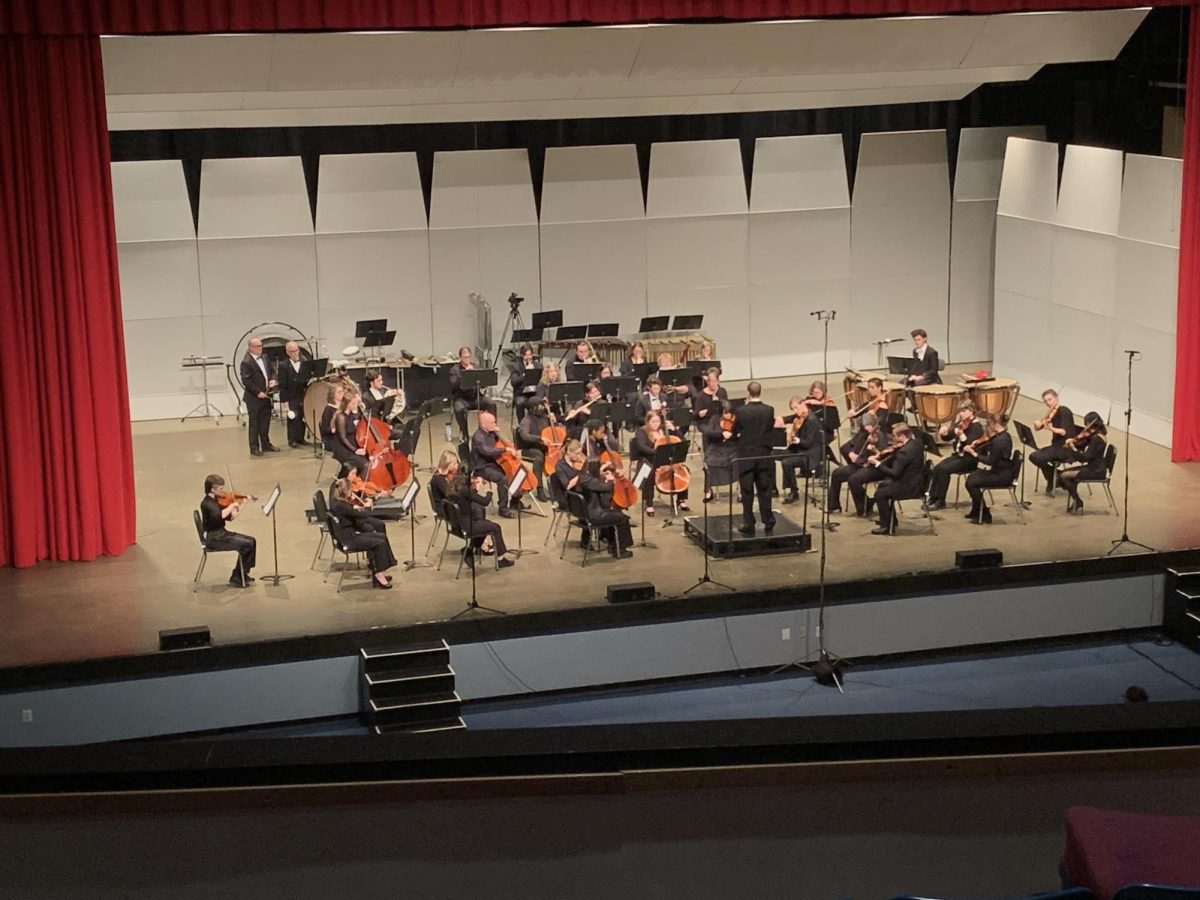A lot of you who know me know that I like Radiohead.
A lot.
I mean I did put two of their albums in the top ten for the decade, but I honestly think they deserved it.
Many of you may think that I am biased when I call their album “OK Computer” the most important album of our generation. While there may be a little truth to your criticism, I think I can back my claim up.
By the time of “OK Computer’s” release in 1997, popular music was plagued with bad copy bands of Nirvana and Pearl Jam, the beginnings of cut and paste corporate “pop” music, and “nu–metal” bands with thirty year-old men lamenting problems that plagued the average suburban “tweens.”
While it was possible for bands that actually put effort and heart into their music to be somewhat successful, none were ever that commercially successful — then came Radiohead with “OK Computer.”
While only mildly commercially successful at the time, “OK Computer” became a testament to what was wrong with the music of the day. The album touches on themes that plague our generation’s culture: consumerism, social disconnection, and general malaise.
Not technically a concept album, Yorke’s lyrics still speak of a society that has moved to a white-washed, middle–of–the road society that embraces efficiency over happiness and personal fulfillment.
The music itself, however, is a testament to what is possible if a band tres something different.
Overall, “OK Computer,” with its spacious cascading melodies and contrasting stark minimalism evokes a spectrum of emotion from excitement (“Paranoid Android,” “Electionering”), to fear (“Exit Music (For a Film),” “Climbing up the Walls”), and to a cluster of love and sadness among other emotions (“Let Down,” “Lucky”).
Not only does the album sound like a revolution in music, but it also helps lay the seeds of a revolution that exploded with the Internet and programs like Napster.
Radiohead helped create the new music revolution by not only influencing bands with the music itself, but with how they achieved success with “OK Computer.”
With this album, Radiohead created music that was unique in its depth and beauty during its time.
While Britpop sounded pretty, no Britpop band comes near to the complexity and originality of “OK Computer;” it was obvious that they were doing their own thing.
In a music market filled with status quo bands, Radiohead stood alone, and a lot of people liked.
After the success of “OK Computer,” it seems that many aspiring young artists took this as either a cue to start up that music project or it gave existent bands inspiration to keep going. A couple of years later, the Internet would help launch many of these bands.
“OK Computer” is responsible for a lot of the music we enjoy today, but that’s not the only reason it’s the most important album of our generation; it just sounds really damn good.
For me, listening to “OK Computer” is like driving by yourself after spring finals. You begin by rolling down the window in the hot summer sun. It’s a breath of fresh air.
But I also feel that it lifts my spirits and gives me focus for the drive ahead (“Airbag”).
As it progresses, you are still psyched that the whole summer lies ahead of you and the awesomness of your current situation (“Paranoid Android”).
Later you get over it and are just content (“Subterranean Homesick Alien”) before becoming a little down because you realize you’re going to miss your friends (“Exit Music”), but you remember the happy sentimental memories together (“Let Down”) before forgetting about it all together and just listlessly driving into the night (“Karma Police”).
You then start to dread the boredom of summer and of your summer job (“Fitter Happier”), but then you think of all the fun times you’ll have with your friends (“Electioneering”).
You get creeped out by driving at night by yourself (“Climbing Up the Walls”) and start to zone out and think about how fried you felt during finals (“No Surprises”).
You then think “maybe I can finally hook up with that girl back home this summer” (“Lucky”), but then you arrive home and start to drift into summer obscurity (“The Tourist”).
It’s an album filled with screaming highs and lonely lows that deal with topics such as consumerist excess, near-death experiences, alienation because of technology and daily routines and of other times — good and bad.
I can’t think of a better album to portray the complexity of our modern lives.
WARC 90.3’s Weekly Top 5
1 Vampire Weekend, “Contra”
2 Beach House, “Teen Dream”
3 Real Estate, “Real Estate”
4 Drops, “Spillin”
5 Etienne Jaumet, “Night Music”






